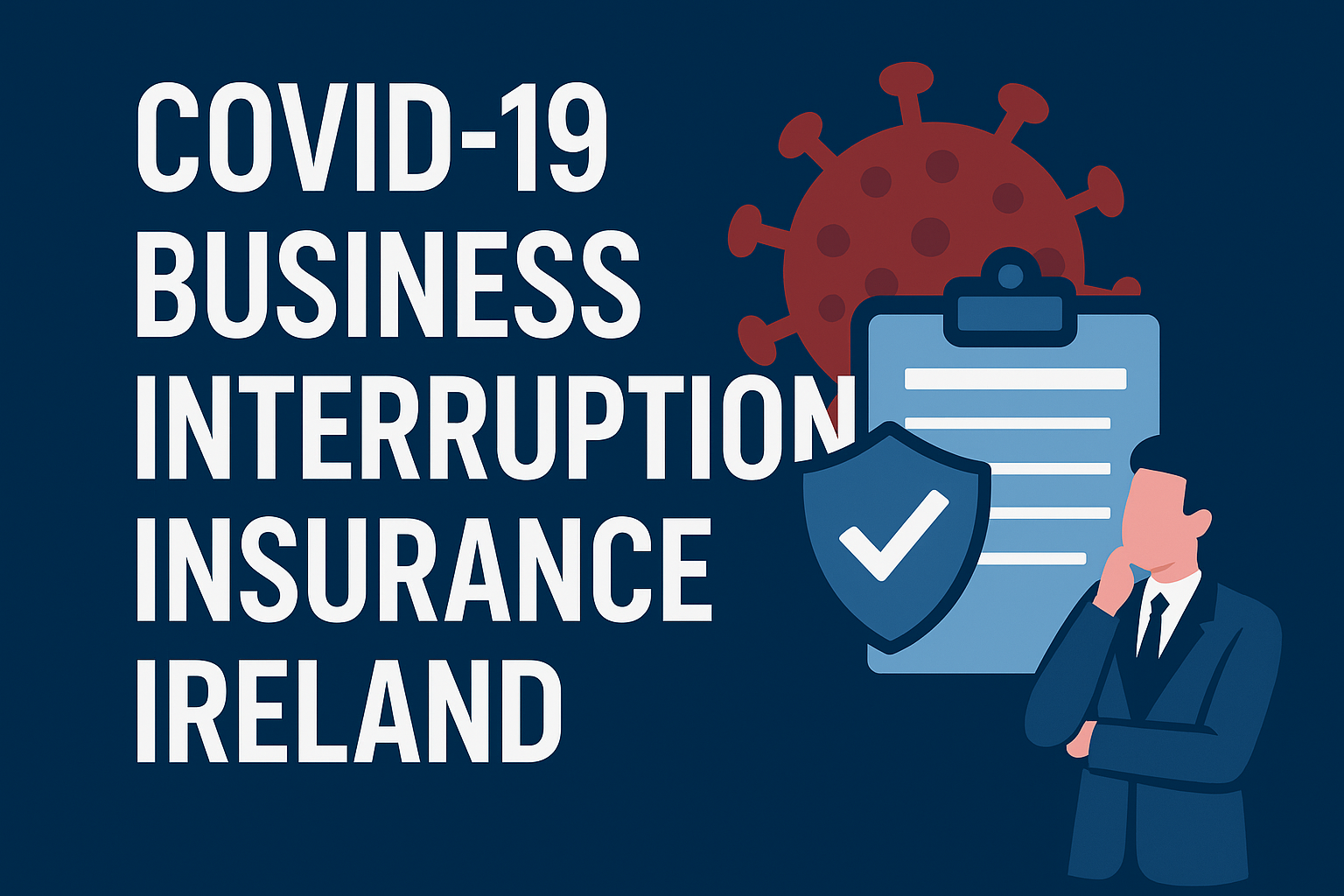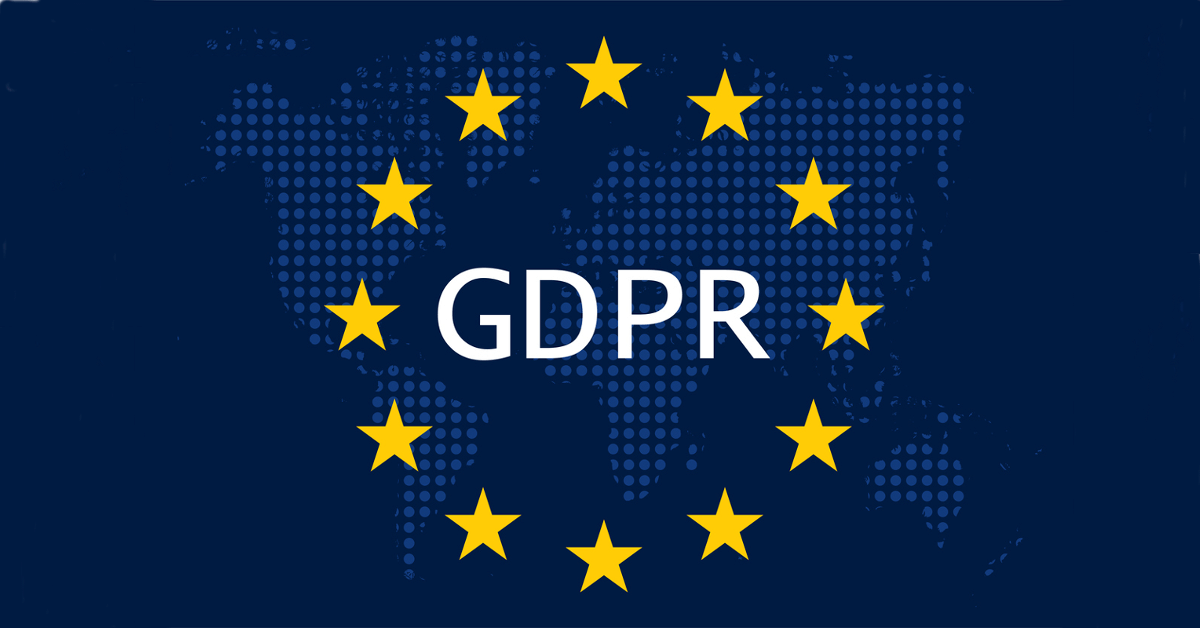Business interruption insurers in UK, Ireland and across the World have been scrutinising policy wordings more than ever in the wake of COVID-19, as the pandemic continues to test the limits of coverage and liability. The stakes are high, and small print uncertainties could determine the outcome of claims.
UK Court Scrutiny
The British Financial Conduct Authority (FCA) plans to seek clarity from the courts regarding whether certain business interruption insurance policies in the UK should provide cover for losses caused by COVID-19. The FCA intends to select test cases involving the most frequently used policy wordings that have caused uncertainty for businesses seeking claims. However, the regulator maintains that most policyholders do not have coverage that warrants a payout. The court action is expected as early as July.
Hiscox Policy Action Group
A Hiscox policy with a business interruption clause is under particular scrutiny. A group of UK Hiscox policyholders, mainly publicans and restauranteurs, met with the FCA prior to the announcement of court referrals. Hiscox, a Lloyd’s of London member serving the Irish market, has informed customers that its policies do not cover diseases linked to pandemics like coronavirus due to difficulties in quantifying such risks.
Concessions in Ireland
In Ireland, retail and vintner groups have been affected by government-mandated closures. On 15th March, the government requested public houses to close, escalating to a full closure order on 27th March. Some insurers initially indicated that valid claims from closures after 27th March would be met.
Following industry lobbying, Finance Minister Paschal Donohoe reportedly obtained two concessions from insurers:
-
The initial government request on 15th March is considered binding, meaning claims arising from that date should be recognised.
-
Any ambiguity in policy wording should be interpreted against the insurer, consistent with the contra proferentem rule.
However, insurers have stressed that these concessions do not extend coverage beyond existing policy terms.
Principles of Policy Construction
Irish insurers and policyholders are watching the UK court action closely. Irish Supreme Court decisions, including Analog Devices v Zurich Insurance and Emo Oil v Sun Alliance, have affirmed that the principles of construction set out by Lord Hoffmann in the UK ICS v West Bromwich Building Society case apply to insurance contracts. Where policy wording is clear, courts interpret it as written. Where exceptions to coverage exist but are ambiguous, the contra proferentem rule applies, favouring the policyholder.
Justice Geoghan, in Analog Devices, emphasised that exceptions are strictly construed against insurers:
“Since exceptions are inserted in the policy mainly for the purpose of exempting the insurers from liability for a loss which, but for the exception, would be covered by the policy, they are construed against the insurers with the utmost strictness.”
Lord Diplock’s dicta, as quoted by Lord Hoffmann, further warns that semantic or syntactical analysis should not override common business sense:
“If detailed semantic and syntactical analysis of words in a commercial contract is going to lead to a conclusion that flouts business common sense, it must be made to yield to business common sense.”
Time Will Tell Over UK Business Interuption
The FCA’s court referral over UK business interruption policies has significant implications for Irish insurers and policyholders. Ambiguities in policy wording, especially regarding pandemic-related losses, may be interpreted against insurers, demonstrating once again that in insurance, the devil is in the details.
















